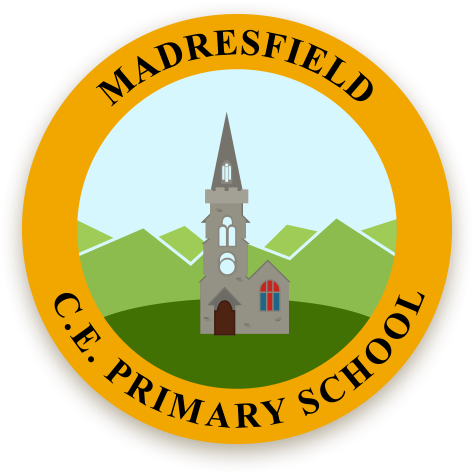English
"There is something delicious about writing the first words of a story you never quite know where they’ll take you." Beatrix Potter
What is a world without stories? Without adventure? Without a world to escape to? What would our world be without writers? At Madresfield, writers are born.
With a curriculum that is built around rich language and stories, tiny embers of ideas are ignited: empowering and inspiring the children's imagination and bringing it to life. By providing key, foundational skills of the English language, we enable our children to develop a unique, authors voice that is proudly heard in both our own world and others far, far away.
Madresfield's map to proficient writers
The first steps to become a successful writer:
- consistency of approach
- gross and fine motor skills
- secure, systematic progression in phonics learning
- direct modelling of good writing
- providing a chance to repeat and practice
- ensuring access to high-quality and diverse text
In EYFS I am 4, school is big and I am small but I am so ready to learn! I am a tiny talker; a mini mark maker and I have endless stories to draw and play. I can make shapes that I think are letters and I am trying really hard to write my name. I am learning phonics every day, my letters now are beginning to form sounds! I know enough now that my writing is phonetically plausible - I have so many stories to tell!
I can:
- use a range of small tools competently and confidently like: pencils, paint brushes, scissors and knives.
- write short sentences with words with known sound- letter correspondences, using a capital letter and a full stop.
- develop the foundations of a handwriting style which is fast, accurate and efficient.
- use a tripod grip.
KS1 already? Not only have I grown, I can read words better than ever before, phonics really helps with that! My stories sound like the one's I play and hear. I can use full stops and capital letters, I even know who and what I am writing for. The best bit? Words. Words that bring my writing to life. I practice all the time: my letter formation; grammar that helps my writing make sense; more complex diagraphs and trigraphs that help me spell words that I once could only speak!
I can:
- Write for a given purpose – to inform, instruct and or entertain
- Write for a variety of audiences
- Use taught skills to bring my writing alive
- Use ambitious vocabulary
- Spell words correctly
- Write in cursive font
- Use a range of sentence structures
- Evaluate my writing and respond to given feedback
KS2, my final destination. No longer learning to write. I am a writer! My ideas have changed, my imagination maturing. I am skilled in allowing my voice to be heard. I have an author's voice now, my own way of writing, my own flair. For the past four years I have heard words that once I didn't understand, now I use them. I choose and use punctuation effectively; to control my reader. I've learnt spelling rules: I no longer rely on phonics, I've become quite the expert in the English language. I write with speed and stamina and my writing is joined and legible.
I can:
- write effectively for a range of purposes and audiences
- describe settings, characters and atmosphere
- integrate dialogue in narratives to convey character and advance the action
- select vocabulary and grammatical structures that reflect what the writing requires
- use verb tenses consistently and correctly
- use the range of punctuation taught at key stage 2
- spell correctly most words and use a dictionary to check the spelling of more ambitious vocabulary
- maintain legibility in joined handwriting when writing at speed
It's time for new adventures, Year 7 awaits: more texts, more words and more to learn. I am a writer and a reader and because of that my journey is just beginning!
At Madresfield , phonics is taught through the Little Wandle Letters and Sounds Revised Scheme.
Little Wandle Letters and Sounds Revised is a complete systematic synthetic phonics programme developed for schools. It is based on the original Letters and Sounds but extensively revised to provide a complete teaching programme meeting all the expectations of the National Curriculum.
Consistency is key to the teaching of phonics and the same resources, routines and teaching sequence are applied to all stages of phonics learning. Children have progressive daily phonics sessions where gaps in learning are identified quickly and catch up sessions put in place to support all children to progress in their learning.
Please follow this link for more parent information For parents | Letters and Sounds
